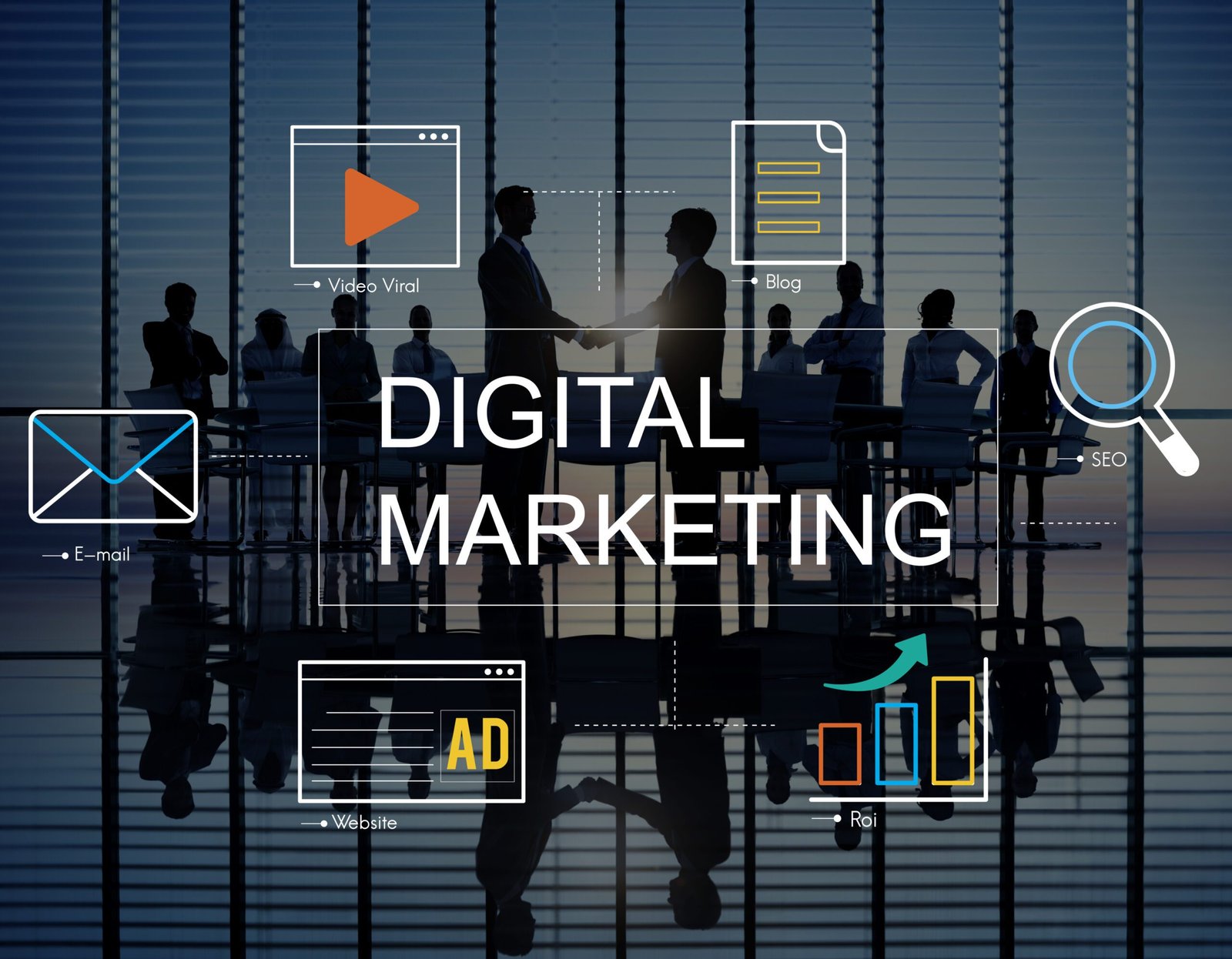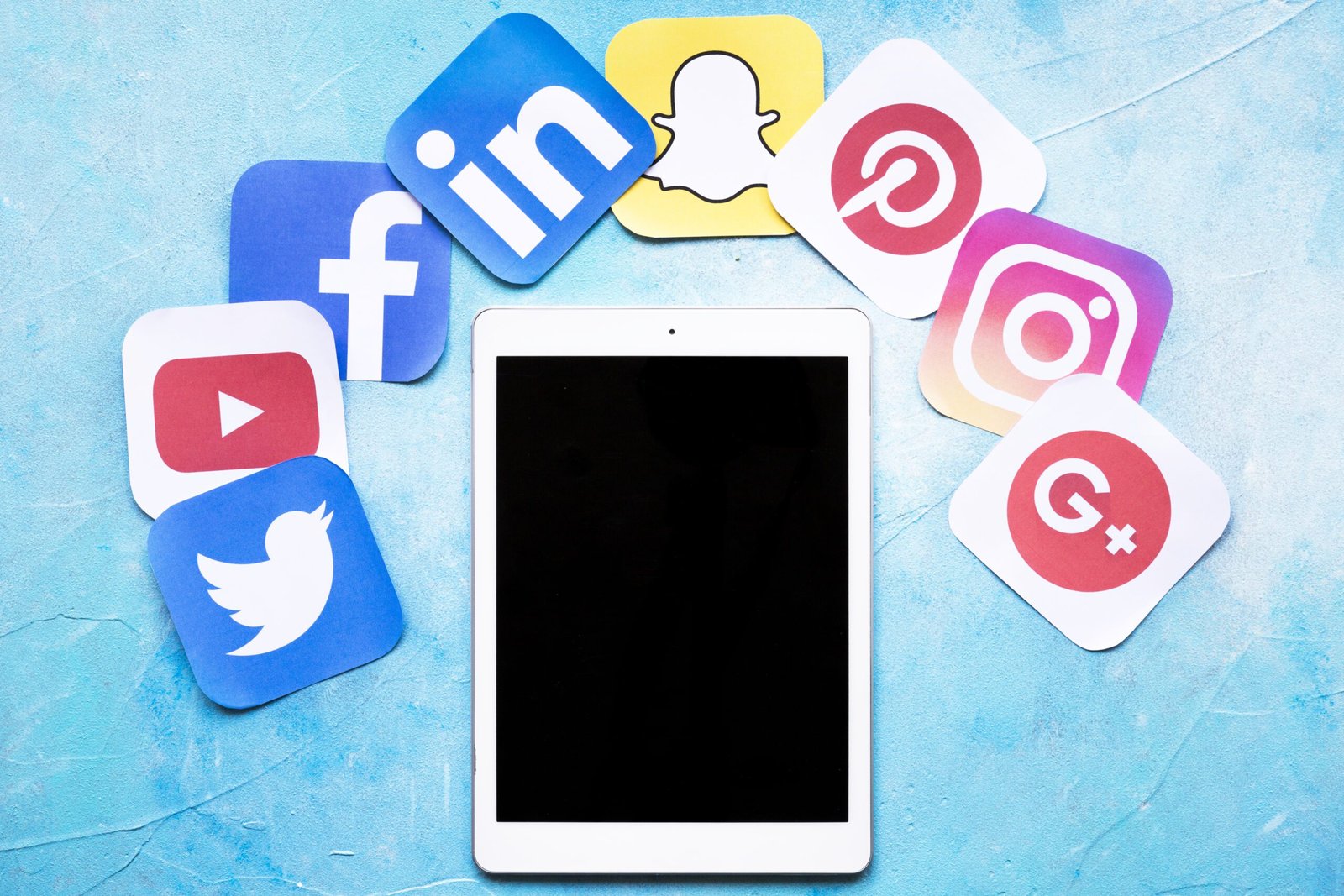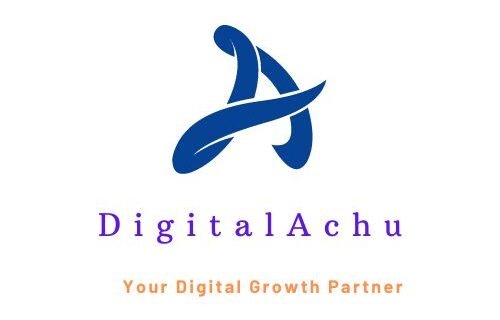What is Digital Marketing

Introduction
What is Digital marketing, or online and electronic advertising. This refers to using electronic devices and platforms such as the internet to market businesses effectively. It involves various strategies across digital channels that aim at reaching target demographics more easily.
Digital marketing leverages electronic devices and the internet to spread marketing messages. From smartphones to laptops, these digital channels help businesses reach out digitally to their target audiences.
Digital marketing flourishes across multiple digital channels, from social media such as Instagram that allow for direct consumer interactions to email marketing that provides direct communications channels for targeted promotions and updates.
Search engines provide an essential function in digital advertising with SEO and PPC campaigns. SEO works to increase website visibility in search results to attract organic traffic while PPC ads allow targeted ad placement based on specific search queries.
Websites serve as virtual storefronts, offering products and services. An intuitively designed website offers visitors an optimal user experience by encouraging exploration while prompting actions to take place intuitively.
Digital marketing is an evolving set of tactics and channels designed to build brand recognition, engagement levels and business growth. Businesses can utilize the many advantages offered by digital devices and online platforms in order to effectively navigate this ever-evolving digital world and form meaningful connections with their intended audiences in this constantly changing space.
What is the scope of digital marketing

Digital marketing is an ever-evolving field that encompasses an array of strategies, techniques, and channels to attract consumers to the internet. Here is an example of digital marketing services:
Search Engine (SEO) Optimization refers to the practice of improving websites in order to increase their rank in search engine results pages (SERPs). It often involves conducting keyword research as well as optimizing websites with technical enhancements and links in order to increase organic traffic.
Content marketing entails creating and marketing content to reach target audiences more effectively through videos, blogs, informationgraphics, podcasts or any other form of media – it forms a key part of content-based strategies for marketers.
Social Media Marketing (SMM) refers to the practice of leveraging various digital platforms on social networks like Facebook, Instagram, Twitter, LinkedIn and TikTok to build connections between followers, create brand recognition and drive visitors back to websites. SMM typically involves writing and sharing engaging content that appeals to fans while disseminating ads or directly communicating with target individuals; creating unique posts for each platform (sometimes directly with followers as well).
Marketing via Email: Marketing via Email refers to sending direct emails directly to customers both current and potential in order to advertise items or products, provide information or leads, build connections or directly contact groups with similar interests. Emails provide an effective method for directly reaching out to people while sparking discussions on pertinent issues.
PPC (Pay Per Click) marketing, also referred to as Cost Per Click or CPC advertising, is an advertising method which enables businesses to place advertisements on search result pages (Google AdWords) or websites (display ads) and only pay when someone clicks their ad or visits their website – which has proven highly successful at increasing visits and conversions.
Affiliate Marketing. Affiliate marketing entails engaging third-party affiliates like bloggers or influencers in order to advertise products or services, with the promise of giving a portion of revenue generated through affiliate links as compensation for advertising them.
Influencer Marketing. “Influencer marketing” refers to working with social media influencers such as YouTubers, bloggers or Pinterest pinners whose followers the influencer endorses in order to advertise products or services they endorse to their followers. Influencer marketing leverages influencers’ power and authority to build credibility among their circles while improving engagement for your brand.
Mobile marketing: Mobile Marketing strategies often target mobile users through apps, websites designed specifically for smartphones or other mobile devices, SMS-based promotions or ads directly in applications. As more people utilize these devices for communication purposes, this form of promotion has become ever more essential.
Digital Marketing Insights and Analysis In order to optimize digital marketing strategies, analytics tools are widely utilized. Analyses look into customer behavior and conversion rates while using resources efficiently; using data to inform decisions assists digital marketers in crafting more efficient strategies, while making better use of what resources are available to them.
Digital marketing refers to an umbrella of methods and strategies intended to meet various marketing goals, from brand recognition and acquisition through engagement and retention. Digital marketing has become an integral component of business operations; therefore businesses should take into account both its opportunities and risks before investing their resources in it.
What is the role of digital marketing

What is the role of Digital marketing. Digital Marketing plays an integral part in modern-day business strategies, fulfilling numerous essential functions:
Participation of the Audience It facilitates interactions and connections with target audiences via the internet – including email, social media websites, and email.
Digital platforms can increase brand visibility to targeted audiences through channels like the social web, marketing via content creation and display advertisements.
Digital lead generation strategies effectively attract potential customers with tactics like SEO, content marketing and email campaigns – eventually leading to conversions.
Customers Acquisition With customized messaging and offers via channels like PPC ads, social media advertising, influencer marketing and influencer promotion, lead leads can become clients.
Customer Retention Engaging customers regularly through emails and social media interaction as well as creating tailored content builds loyalty and encourages repeat business.
Analysis and Optimization of Data Live tracking and analytics enable companies to enhance their strategies, fine tune them as desired and increase the Return On Investment.
Research, Insight, and Marketing Research Digital marketing provides invaluable insights into consumer behaviors and preferences, which is essential in shaping product lines, and competitive strategies for success.
Cost-Effectiveness Online marketing provides an economical means of engaging and reaching an intended target audience via channels like email, social media and content marketing.
Digital marketing aims to boost business growth by connecting relevant, active users of the internet in an effective manner. Digital marketing allows businesses to quickly adapt to evolving consumer habits while taking advantage of emerging trends while remaining ahead of competitors in today’s constantly-evolving digital landscape.
What is the importance of digital marketing
What is the importance of Digital marketing. It holds great relevance in today’s business environment for various reasons.
Technology allows businesses to reach a global audience, transcending geographic limitations and expanding market reach exponentially.
Target Audience: Digital marketing offers highly targeted demographic, interest and online behavior targeting that enables campaigns to reach those most pertinent for them.
Measurable Results: Utilizing advanced analytics tools, real-time insight is given into campaign performance for data-driven decision making and continuous optimization.
Cost-Effectiveness: Digital marketing tends to be more cost-effective than traditional channels, offering options like social media ads, email marketing and content production which produce tangible results within tight budget constraints.
Digital marketing campaigns provide unrivaled flexibility and agility by being easily adjusted based on real-time data and feedback, guaranteeing relevancy and effectiveness regardless of changes to market conditions or consumer behaviors.
Enhance Customer Engagement: Two-way communications platforms such as social media and interactive content enable two-way dialogue among customer engagement, brand loyalty, and two-way conversations.
Digital Marketing Helps businesses establish brand credibility and authority by increasing brand visibility through content production and social media engagement.
Adaptability to Mobile Trends: As mobile usage surges, digital marketing provides businesses with an effective means of engaging users via optimized websites, responsive designs and mobile apps.
Digital marketing is essential to business survival in today’s rapidly-evolving digital environment, offering unprecedented opportunities for reaching, engaging, and converting target audiences while driving business growth and remaining competitive in an ever-evolving marketplace.
What is the future of digital marketing
What is the Future digital marketing. Digital Marketing will continue to evolve due to technological developments and consumer preferences, but some key aspects are:
Artificial Intelligence (AI) and Machine Learning: These technologies have the power to revolutionize data analysis as well as personalization and prediction of consumer behavior – leading to more successful campaigns with higher returns on investment (ROI).
Vocal Search Optimization Optimizing content for voice-activated devices has become essential. Doing so requires altering SEO tactics.
Augmented and Virtual Reality (AR and VR) provide immersive experiences, enabling virtual try-ons of products, demos of demos and even storytelling.
Compliance of Data Privacy as Well
Hyper-Personlization: Employing data analytics and artificial intelligence, hyper-personalization offers tailored content tailored to individual customers for enhanced engagement and brand loyalty.
Video Marketing Dominance On the web, short-form videos and live streams will become increasingly prevalent, providing captivating content for social media and websites alike.
Influencer Marketing Changes influencer marketing will become more genuine and driven by data-driven decisions as marketers work on cultivating long-term relationships with nano- and micro-influencers.
Ephemeral Content as Well as Social Media Stories Ephemeral content is projected to become increasingly popular, offering instant engagement and fueling FOMO (fear of missing out).
Digital marketing’s future lies in innovation, personalization and adaptability. Marketers who embrace emerging technologies while prioritizing customer experience and staying abreast of industry trends will thrive in today’s ever-evolving digital environment.
Conclusion
In this blog we got answers for the following questions a beginner will have such as:
What is digital marketing? What is the Scope of Digital Marketing ? What is the future of Digital Marketing?
“Digital marketing’s future looks bright, thanks to technological progress, consumer preferences changing over time and emerging industry trends. Artificial Intelligence and machine learning will transform data analysis, creating more tailored experiences, while voice search optimization and augmented reality create new avenues of engagement. But it is vitally important that data privacy be maintained. Hyper-personalization, video dominance and influencer marketing will shape content creation in 2024.
Ephemeral content such as social media stories will become popular for real-time engagement with audiences online. Marketers who embrace innovation while prioritizing customer experience will prosper as digital marketing continues to bring audiences together and foster audience connection in our increasingly digital world. We have to also learn the importance of the role of AI in digital marketing.

Pingback: Role of AI in Digital Marketing